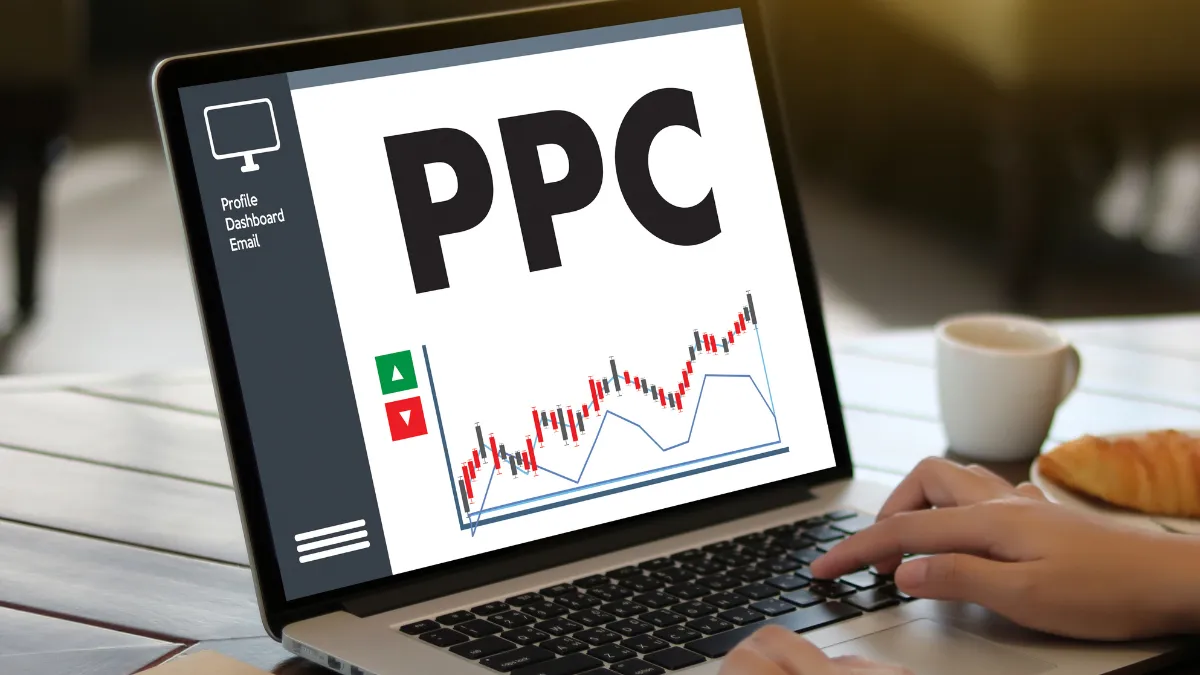
In the dynamic landscape of digital marketing, managing a paid media budget is essential for achieving optimal results. Whether you’re running campaigns on Google Ads, Facebook, or any other platform, budget evaluation ensures your advertising dollars are well-spent. But how often should you evaluate your paid media budget to maximize return on investment (ROI)?
This blog will explore key factors influencing budget reviews, provide actionable tips, and emphasize why regular evaluation is critical for success.
Paid media platforms are ever-evolving. New features, bidding strategies, and competitor actions can affect the cost-effectiveness of your campaigns. Regular evaluations help identify opportunities to optimize ad spend, track performance metrics like click-through rates (CTR) and conversion rates, and adapt strategies to ensure your campaigns remain relevant.
Why: Monthly evaluations allow marketers to adjust ad spending based on real-time performance data. Platforms like Google Ads and Facebook provide insights into metrics such as cost-per-click (CPC) and return on ad spend (ROAS), enabling quick optimizations.
Key Action: Assess metrics like CTR, CPC, and ROI for underperforming campaigns. Pause or reallocate funds as necessary.
Why: A quarterly review aligns with broader marketing strategies and business goals. Seasonal changes in consumer behavior and trends can significantly impact campaign performance.
Key Action: Analyze trends in customer engagement, refine audience targeting, and adjust budgets for upcoming campaigns.
Why: Campaigns with significant daily budgets or short timeframes require frequent monitoring to prevent overspending and ensure high performance.
Key Action: Conduct A/B testing on ad creatives, adjust bidding strategies, and monitor audience engagement metrics.
If the goal is to increase website traffic, you may need daily or weekly evaluations to monitor CPC and impressions.
For long-term goals like brand awareness, monthly or quarterly evaluations may suffice.
Social media platforms like Facebook and Instagram often show rapid changes in ad performance, requiring frequent adjustments.
Search engine ads like Google Ads may need less frequent evaluations if automated bidding is enabled.
Sudden increases in competitor bids or new entrants in your industry can impact your campaign performance, necessitating more frequent budget checks.
For e-commerce businesses, high-spend periods like Black Friday or holiday seasons demand closer budget monitoring.
1. Use Analytics to Drive Decisions
Leverage tools like Google Analytics, Facebook Ads Manager, and HubSpot to gain actionable insights. Focus on metrics like ROAS, cost per acquisition (CPA), and lifetime value (LTV).
2. Optimize Underperforming Campaigns
Pause ads with high CPC and low conversions.
Refine targeting by analyzing audience demographics and behaviors.
3. Conduct A/B Testing
Test variations of ad copy, visuals, and calls-to-action (CTAs) to identify what resonates most with your audience.
4. Align Budget With Business Goals
Ensure your paid media strategy complements your broader marketing objectives, such as lead generation, sales growth, or brand awareness.
5. Monitor Industry Benchmarks
Stay updated on industry standards for CTR, CPC, and other key metrics to gauge your performance accurately.
Declining ROI: A steady drop in ROAS signals the need for adjustments.
Plateauing Performance: If impressions, clicks, or conversions stagnate, reallocate your budget to high-performing campaigns.
Increased Competition: Higher CPCs due to competitor bidding wars may necessitate budget increases or new targeting strategies.
New Platform Features: Platforms like Google or Meta often introduce tools or bidding options that can influence your budget.
At Eurominds Marketing, we’ve managed multiple paid media campaigns across industries. One of our e-commerce clients struggled with high CPC on Facebook. After implementing weekly evaluations and refining audience segmentation, we reduced CPC by 20% and increased conversions by 15%. This experience underscores the value of frequent and strategic budget reviews.
Evaluating your paid media budget is not a one-time task but a continuous process that requires attention to detail and flexibility. For most businesses, monthly and quarterly evaluations strike the perfect balance between strategic oversight and tactical adjustments. However, campaigns with higher stakes or short-term goals may require weekly check-ins.
By leveraging data, aligning with business objectives, and staying agile, you can ensure your paid media efforts deliver maximum ROI. Start by scheduling your next budget review today!
Looking for expert guidance on optimizing your paid media campaigns? Contact Eurominds Marketing for tailored strategies that drive results. Let’s elevate your ROI together!
Join over 10,000 people getting our emails
We only send interesting and relevant emails.